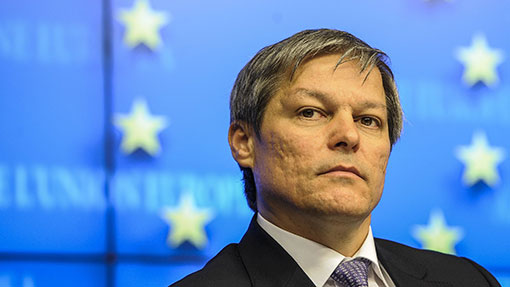EU to explore tools for volatile milk market

Prospects for the European milk market look good in the coming years but regulation may be needed to manage volatile pricing, an EU report has said.
The average EU milk price of 40.03c/kg (32p/kg) in January was the highest ever recorded for that month and world dairy commodities markets appear strong for the medium term, the European Commission said.
But doubts remain over how the EU can manage more “extreme market volatility” if European milk production shoots up after quotas lifted in 2015.
See also: Farmers blockade Dairy Crest over milk price cuts
The report said the commission would continue to explore the need for tools to predict and cope with crisis situations.
“Since 2010, the European Commission has been following very closely the milk sector to ensure a smooth transition toward the end of quota in 2015,” said agriculture commissioner Dacian Ciolos.
“This report confirms the positive trend for the world dairy markets but also the necessity to continue working on the best ways to tackle the challenge of price volatility in the future.”
The commission produced the report to review the progress of the Milk Package, a series of measures introduced in 2012 to strengthen the position of dairy farmers in the supply chain.
In April the EU launched the Milk Market Observatory, a watchdog that gathers data from across Europe to help guide future policy.
NFU chief dairy adviser Rob Newbery said any tools to help farmers manage volatility must be on a voluntary basis.
“We do not want to see anything that tries to manage the whole market,” he said.
“The key thing for British dairy farmers moving forward is competitiveness and we do not want to see anything that puts the whole industry at a competitive disadvantage.”
The Milk Package also opened the possibility of farmers forming legally constituted producer organisations (POs), groups able to sell milk or negotiate contracts on behalf of their members.
The report said 228 POs were currently operating in the EU, with Germany leading the way with 143.
However no dairy groups were formed in the UK last year.
